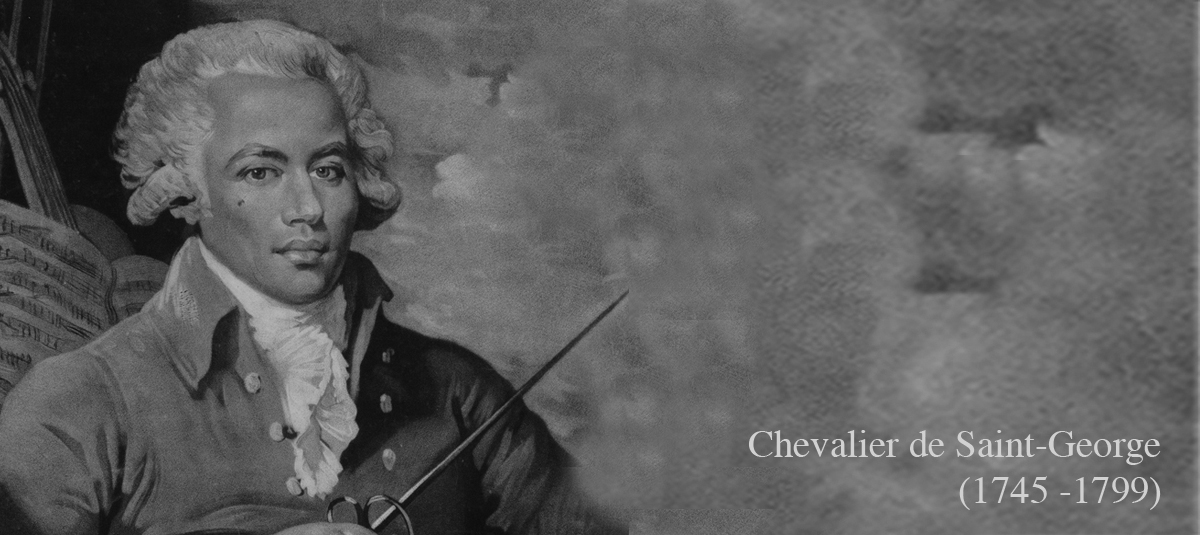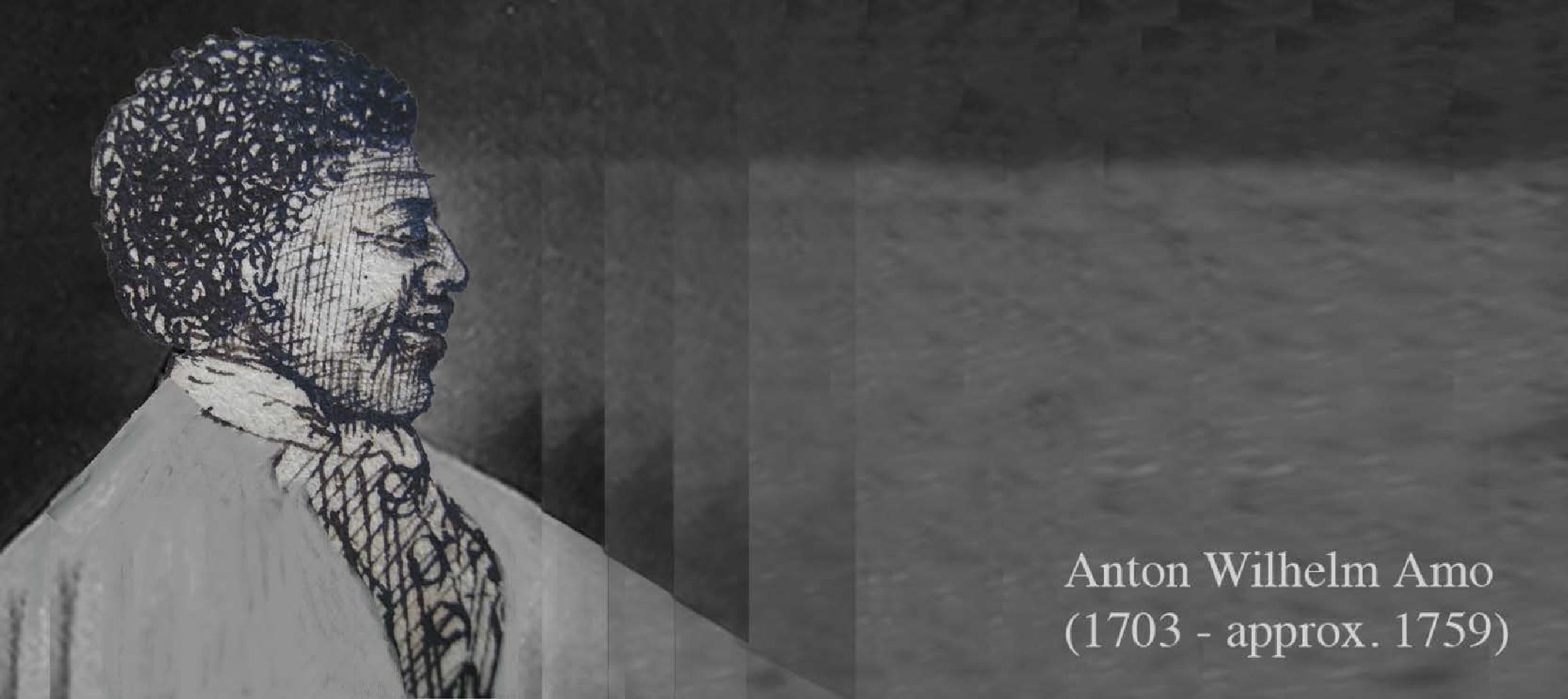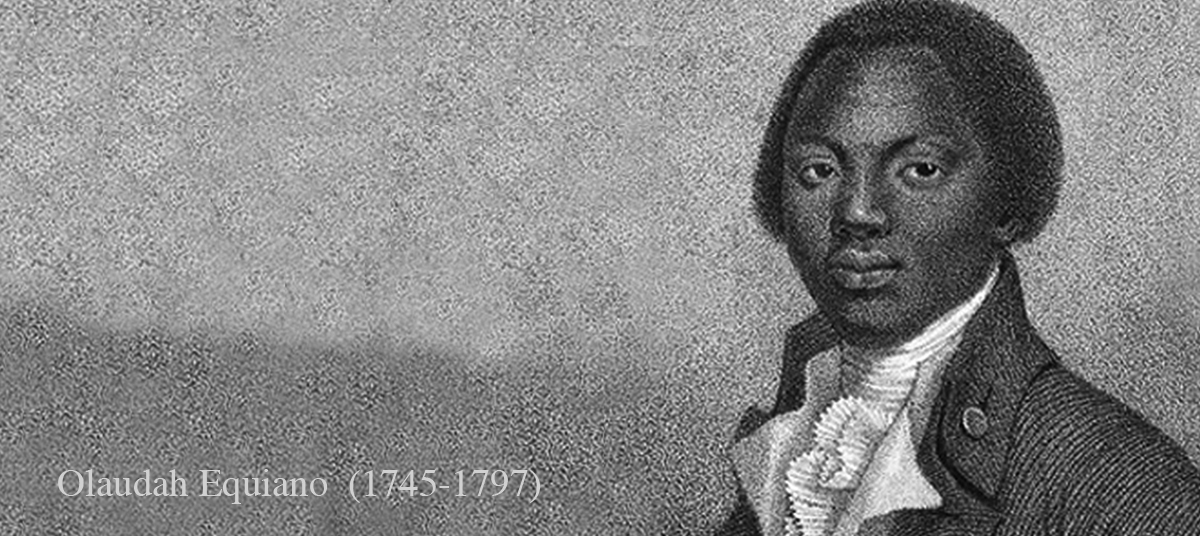
In support of Hypothesis 2, there had been high relationships between trust and nervous accessory inside the forecasting intellectual and you will behavioural envy
Consistent with Hypothesis 1, significant negative associations emerged between trust and the two predicted jealousy subscales: Cognitive Jealousy and Behavioral Jealousy. First, trust and attachment anxiety interacted to predict cognitive jealousy, b = ?.095, t(254) = ?2.36, p = .019. Tests of simple slopes evaluated the association between trust and cognitive jealousy at high (+1 SD) and low (?1 SD) levels of attachment anxiety (Cohen, Cohen, West, & Aiken, 2003). Results are presented graphically in Figure 1 . Simple slopes analyses revealed that trust was negatively associated with jealousy at high levels of attachment anxiety, b = ?.392, ? = ?.487, t(254) = ?5.92, p < .001, and at low levels of attachment anxiety, b = ?.180, ? = ?.220, t(254) = ?2.49, p = .014. In other words, distrust in one's partner was associated with experiencing cognitive jealousy at low and high levels of anxious attachment but more strongly among those at higher levels of anxious attachment.
As expected, nervous attachment as well as moderated the fresh organization ranging from trust and you will behavioural envy, b = ?.070, t(254) = ?2.04, p = .043. The fresh interaction are graphed for the Shape dos . Tests from effortless slopes revealed that for these saturated in accessory stress, perhaps not believing their mate is from the develops inside the behavioral jealousy, b = ?.180, ? = ?.270, t(254) = ?3.sixteen, p = .002, whereas there can be zero connection ranging from trust and behavioural jealousy to own some body lower in attachment anxiety, b = ?.022, ? = ?.041, t(254) = ?0.thirty six, p = .720.
We also evaluated associations between trust, anxious attachment, and physical and psychological partner abuse. In support of Hypothesis 3, main effects suggested that trust was negatively associated with both types of partner abuse. Furthermore, attachment anxiety was tested as a moderator of the association between trust and partner abuse (Hypothesis 4). Consistent with hypotheses, trust interacted with anxious attachment to predict nonphysical abuse, b = ?.071, t(254) = ?2.05, p = .042. Results are presented in Figure 3 . Simple slopes analyses showed a similar pattern as with behavioral jealousy; trust was not associated with psychological abuse for individuals lower in attachment anxiety, b = ?.047, ? = ?.073, t(254) = ?0.75, p = .451, whereas trust was negatively associated with abuse for anxious individuals, b = ?.206, ? = ?.320, t(254) = ?3.58, p < .001.
Basically, overall performance suggested one mistrust try of the higher levels of jealous cognitions and practices and you will both form of companion punishment. Whether or not more powerful to possess anxious somebody, distrust is of the envious cognitions at all amounts of attachment nervousness. Mistrust was just on the jealous practices (age.grams., snooping) sufficient reason for psychological punishment one of nervous individuals.
Second Analyses
Analyses were performed to examine whether avoidant attachment also interacted with trust to predict jealousy and partner abuse. The interaction was not significant in four of five outcomes (all p > .20). An interaction emerged between trust and avoidant attachment in predicting cognitive jealousy, b = ?.131, t(254) = ?2.80, p = .005. Tests of simple slopes revealed consistent results to that of anxious attachment and cognitive jealousy. Specifically, the association between trust and cognitive jealousy was stronger at higher levels of avoidant attachment, b = ?.398, ? = ?.493, t(254) = ?6.25, p < .001, than at lower levels of avoidant attachment, b = ?.128, ? = ?.158, t(254) = ?1.61, p = .109.
https://datingranking.net/nl/wapa-overzicht/
Talk
The current research portrays the importance of have confidence in relationships and you will, a great deal more especially, merchandise proof you to not enough believe enjoys streaming outcomes into the partners’ knowledge and you will choices. Also, this research is one of the very first to suggest one believe-associated factors ong those people who are higher in nervous connection. The overall pattern out of findings reveals that rely upon one’s lover are associated with the a lot fewer view and you may inquiries one your lover may be romantically seeking other people, less track of an individual’s partner’s practices and you will residential property, and lower amounts of mental abuse. However, findings suggest that distrust are of this far more cognitive jealousy, such as one of those which believed quicker safe in the dating (i.elizabeth., anxious people). Furthermore, distrust was only from the behavioral jealousy and you may nonphysical discipline certainly one of anxious somebody. These findings advise that envy may be a natural results of this new personal contact with looking for more (large stressed attachment) however, searching reduced (all the way down faith) out of your partner.


